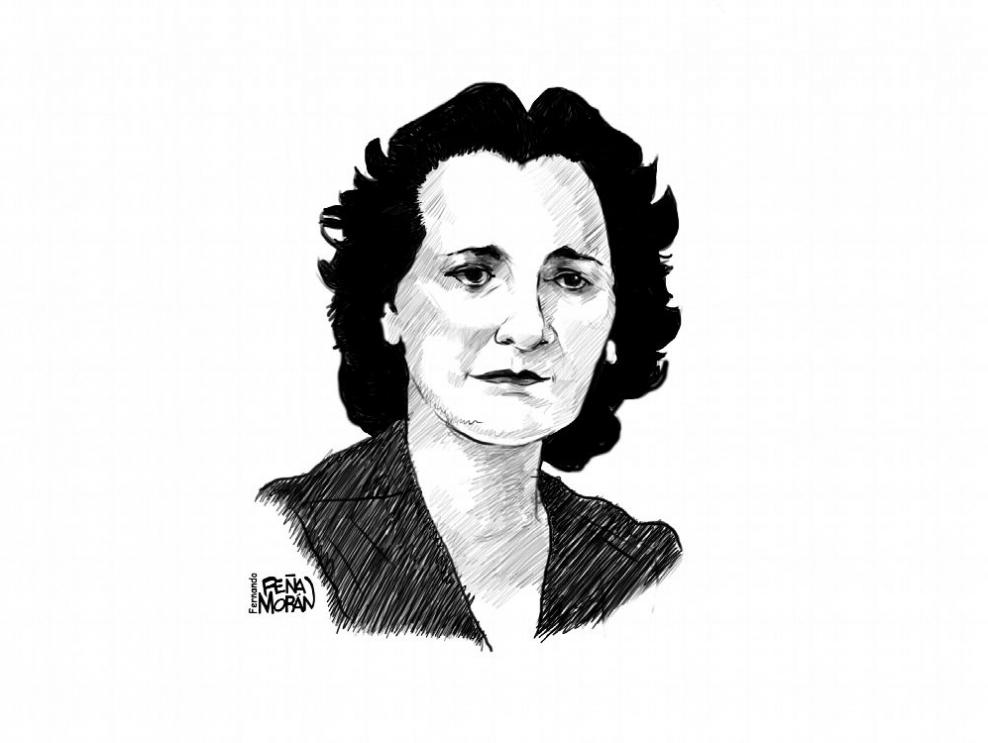

Born in a remote area of the country from a Spanish father (David González) and a Gnobe mestiza, Basilia Carrillo Sánchez, Clara Gonzalez was born in a tumultuous era when Panama was still part of Colombia, and lived to play one of the most important roles in the young republic’s formation. Her fascinating life made her the catalyst of some of Panama’s most important social advances.
In the year of her birth, 1868, the United States declared war against Spain, and the isthmus of Panama was dragged into Colombia’s war between conservatives and liberals, known as the Guerra de los Mil Días (the War of the 1000 days). Clara’s family fled the poor indigenous area called Remedios, in Chiriquí for Costa Rica, returning in 1909 so that she could start her studies thanks to a scholarship in Santa Familia, a religious all-girls school located in what was then Panama city, today Casco Viejo. The school was run by nuns, many of them French. There she learned French and English as part of what was considered a good education for women at the time in their future role as wives and mothers.
In 1921 she graduated from the Escuela Normal (as a teacher), but her real passion was the law. At the time, it was prohibited for women to study law or exercise it. In the words of a family member: “She was always clear that she wanted to study law in order to help improve quality of life of women and children”. And she did.
By 1924 she was allowed to exercise as a lawyer, becoming Panama´s first female attorney. Later on, in New York, she obtained a law doctorate, being the first Latin-American woman to do so. In 1940 she married Charles Behringer, a Canal engineer.
As a feminist activist, she met with the crème of the United States feminists of the time: Alice Paul, Doris Stevens, and Carrie Chapman Catt amongst others.
Her life was marked by an active political life, pioneering the group of crucial women who fought and obtained the vote for women in Panama in 1946, twenty eight years after the first Suffragettes were able to obtain the first voting rights in London. Clara got elected to the Panamanian senate, and even at some point ran as second Vice President for the country, breaking glass ceilings with every step.
She was clear that education needed to be a fundamental pillar, therefore she founded several schools, workshops and pushed forward laws that allowed women economic independence and a fairer treatment.
Her accomplishments are simply too many to list in this article. A prolific writer, she reviewed the Penal Code, founded libraries, and was part of the team that created one of Panama´s most important popular banks: Caja de Ahorros. For her, freedom and equality where two fundamental political aspirations. She passed away in 1990, at 89 years old.
In her life, her extraordinary life, Clara González left us many gifts. In 1976 she was consecrated with the Vasco Núñez de Balboa, and for Panama´s 100 year celebration, was named Woman of the Century.
